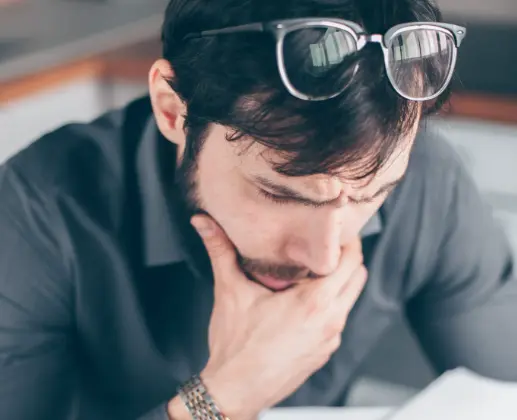The UK government keeps an insolvency register you can search to see when you will be freed from bankruptcy restrictions. Commonly, this will occur exactly twelve months following the issue of your bankruptcy order. However, in some cases, later discharge dates may apply so it is worth confirming which date applies to you.
Regardless of the actual date, at this time, individuals are said to be discharged from bankruptcy. What does this really mean? Read on to find out.

Debt Release
Theoretically, anyone who has been discharged from a bankruptcy order will be free from debt. However, it is important to note that this only includes debt that was taken into account during the bankruptcy proceedings in the first place.
If you have other debts for whatever reason, then you will still owe these sums to your creditors. Given that most former company directors include all of their liabilities when they apply for bankruptcy, though, it is probable that you can expect to be free of debt once you are successfully discharged.
Debts That Aren’t Written Off
Importantly, some types of debt are not included in bankruptcy orders. According to Salient Insolvency, a firm of professional insolvency practitioners that deals with bankruptcy proceedings throughout the UK, debts that were accrued outside of your business will not count.
A typical example of this would be any debts you may have to the Student Loans Company. Equally, any family court orders that mean you must pay sums for the upkeep of a child, for example, will not count unless they’ve specifically been included in the bankruptcy order.
The same goes for personal injury settlements. Crucially, if you have been found to be guilty of fraudulent activity, then any debts that have arisen from such practices will not be written off even after you have been discharged from your bankruptcy.
Obtaining Credit Following a Discharge
Once you have been discharged, you are no longer bankrupt in an official sense. Therefore, you can do things like apply for personal credit or obtain a mortgage. Potential new creditors may require you to prove that you have been discharged from your bankruptcy order before they’ll even talk to you about lending money, however.
Emailing the Insolvency Service for proof of your discharge is the best way since this is a service that is offered without charge. If you contact a court for such proof, then there will be a fee of £75 that is levied for the court’s time and a further £11 fee will apply for each copy of your document you need.
Income Payment Agreements
In some cases, an income payment agreement will be included as a part of a bankruptcy order. Under such circumstances, these orders will usually be set to last for three years.
As such, they will continue to apply even after a twelve-month bankruptcy discharge. Please note, however, that if your income changes within that period, an application to alter the order may be made. Seek professional advice if this applies to you.
Join 25,000+ smart readers—don’t miss out!





